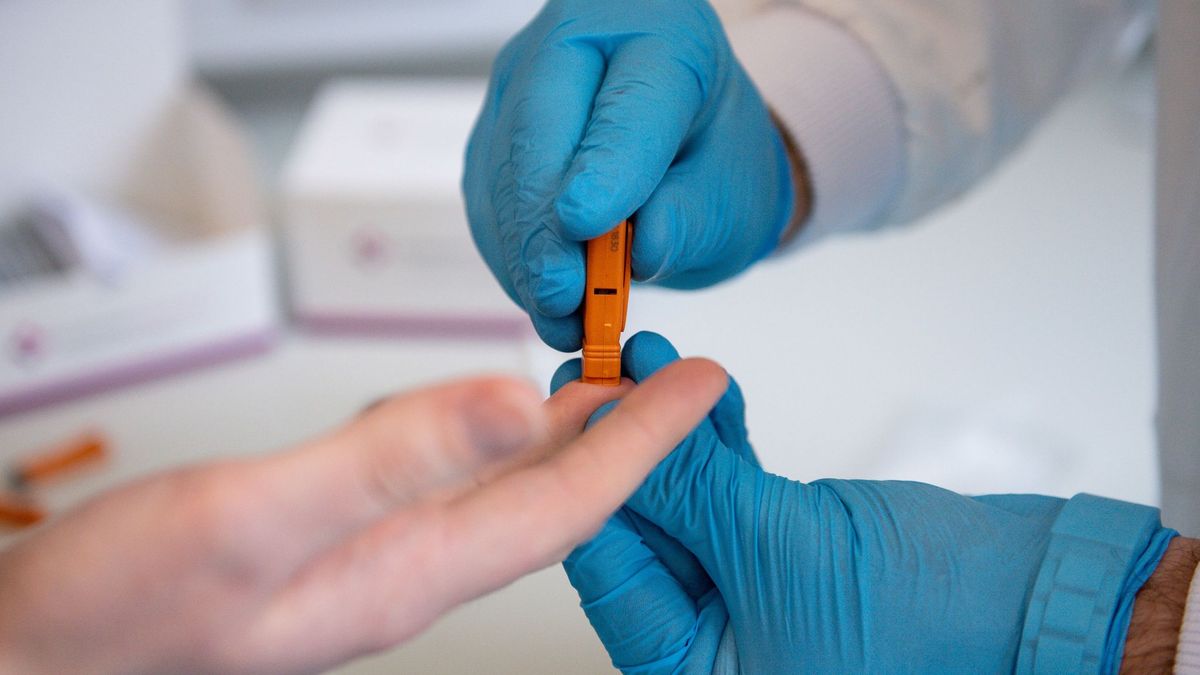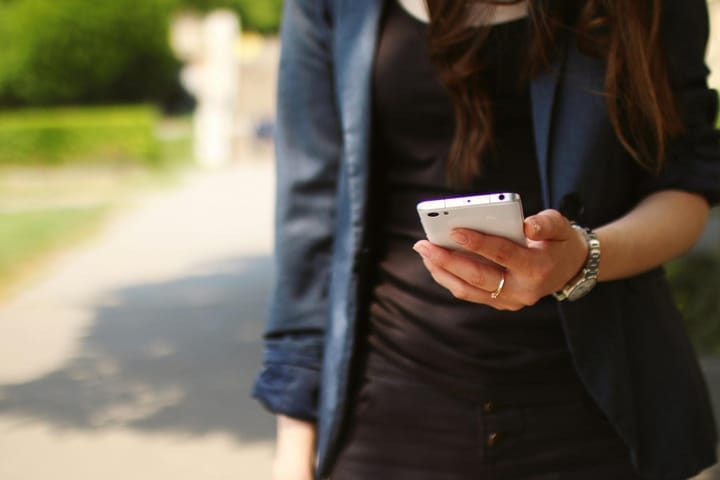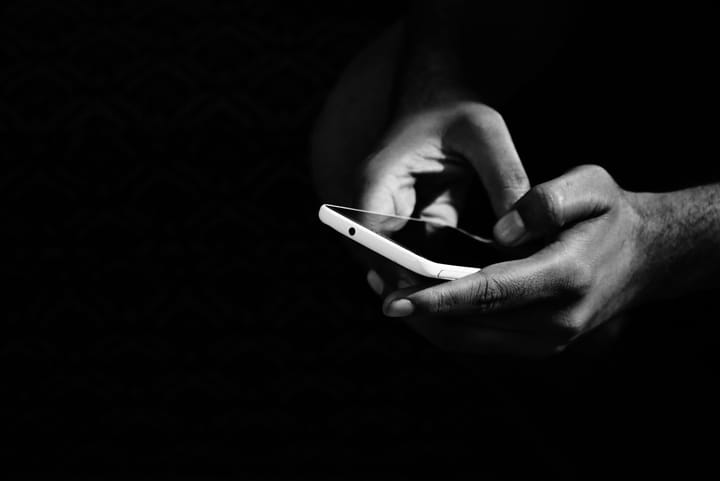What would an “immunity certificate” look like?

A few minutes every morning is all you need.
Stay up to date on the world's Headlines and Human Stories. It's fun, it's factual, it's fluff-free.
As the world remains mostly in a state of limbo, governments are deliberating over when their nations can regain some semblance of normalcy.
This decision largely revolves around the need for accurate testing. To this end, some are asking whether “immunity certificates” are the way forward.
What have officials said?
In the United Kingdom, Health Secretary Matt Hancock, who has tested positive for COVID-19 and is currently self-isolating, suggested on April 2 that Britons could use immunity certificates as a type of “immunity passport.” Hancock also floated the idea of an immunity wristband.

Other governments and officials across the world have also considered immunity certificates as a way to gradually ease their nations back to normal.
In the United States, which has seen unemployment claims reach a record high of 16.8 million amidst a sagging economy, the Trump Administration is pushing to reopen the economy within the next few weeks.
When asked about immunity certificates on CNN, Anthony Fauci, the US government’s top infectious disease official, hesitated before saying, “That’s possible, it’s one of those things we talk about when we want to make sure we know who the vulnerable people are… it might have some merit under certain circumstances.”
Challenges
On a technical level, there are challenges governments must overcome before issuing immunity passports. These challenges include testing to determine which individuals have antibodies for the coronavirus (i.e. are immune to it) and, if that person is immune and has the appropriate antibodies, just how immune they are (i.e. whether it is possible that they might contract the virus again) and how long that natural immunity will last.
Many believe that, on a social level, the immunity passports might create what some have dubbed a “two-tier society” or a “two-tiered workforce.”
Such a society would be composed of those who can return to a more normal life and others who would be forced to remain locked down.
This also begs the question of whether those who test positive for antibodies would be favored for positions where customer interaction is necessary, for example in the retail and hospitality sectors.
Others worry that fraudulent certificates might be created by those desperate for income.
Others still have expressed concerns that issuing immunity certificates, or passports, could result in a situation where the younger population, feeling as though their chances of surviving the virus are high, would try to contract the virus in order to build immunity and be allowed to rejoin the community.
[article_ad]
Have a tip or story? Get in touch with our reporters here!
Sign up for daily news briefs from The Millennial Source here!




Comments ()